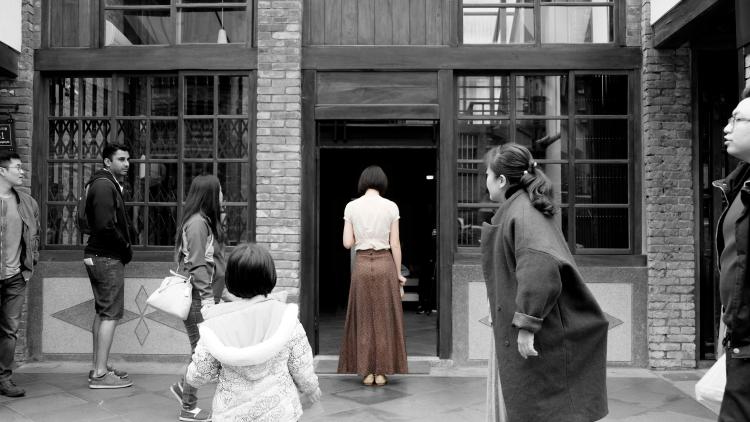
Ethnic ties, organized opposition and voter defection in Taiwan during martial law

Key information
- Date
- Time
-
3:30 pm to 5:00 pm
- Venue
- Senate House (Paul Webley Wing)
- Room
- S116
About this event
In this talk, we are delighted to welcome Dr Chao-Yo Cheng to discuss how ethnic voting operates in electoral autocracies, focusing on the case of Taiwan and the role of ethnicity in coordinating voter defection against the hegemonic KMT regime before and after the lifting of Martial Law.
Existing studies of ethnic voting mainly focus on democratic elections. Nonetheless, in electoral autocracies, politically subordinate ethnicity can also help citizens coordinate against the incumbent. In this paper, we argue that collective action will be constrained when the group grows large, as it becomes costly for its members to form common behavioral norms and carry out effective sanctions through shared ethnic ties under authoritarian surveillance.
Drawing on a series of unique historical surveys prior to the lifting of the Martial Law, we study how Taiwanese ethnicity and local ethnic demography jointly influenced voters' defection against the hegemonic KMT regime in supplementary legislative elections. We find that the pro-defection effect of Taiwanese ethnicity decreased as the share of Taiwanese citizens in a township increased.
However, the relative size of the Taiwanese group no longer undermined pro-defection ethnic voting after the KMT lifted the ban on opposition parties. Our results demonstrate that formal organizations play a critical role in sustaining the informational salience of ethnicity in elections. This study also shows how the case of Taiwan can contribute to broader scholarship on comparative authoritarianism.
Image credit: Academia Historica Office, Taiwan
Meet our speaker
Dr Chao-Yo Cheng is a Lecturer in Quantitative Political and Social Research at Birkbeck, University of London. He is also the Director of Birkbeck's interdisciplinary Postgraduate Social Research Programmes and the Co-Director of the Centre for Political Economy and Institutional Studies.
His research concerns the political economy of development within the authoritarian and Global South contexts. His publications have examined the institutional and policy foundations of nation-state building, socioeconomic development and local governance in multi-ethnic societies, combining various computational, qualitative and quantitative methods.
Before Birkbeck, he had two fellowship positions at Tsinghua University (Beijing) and the London School of Economics and Political Science (LSE).


